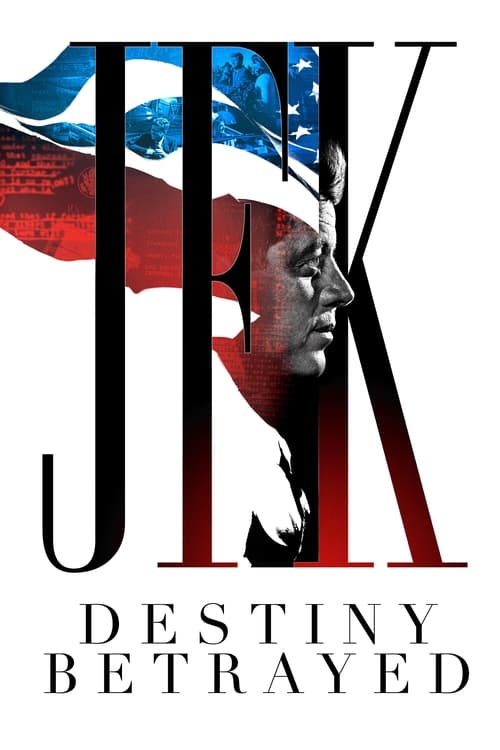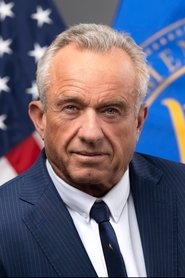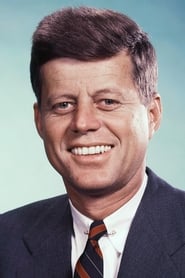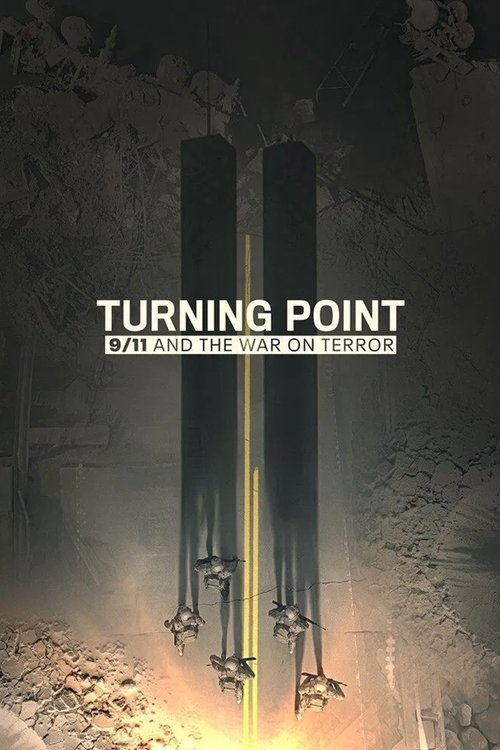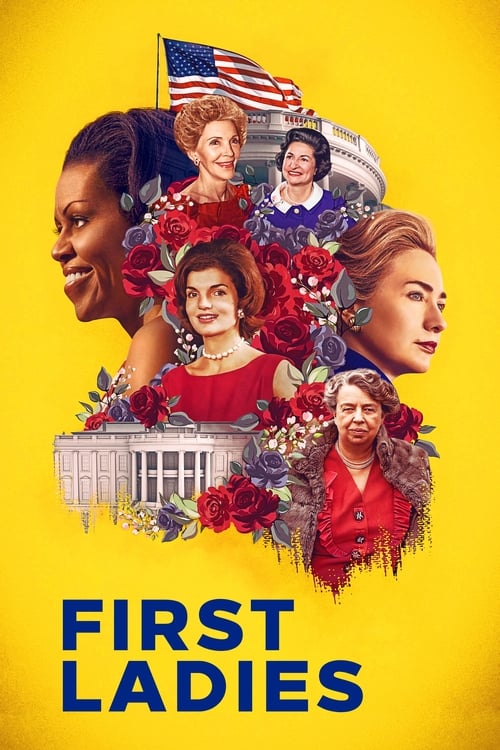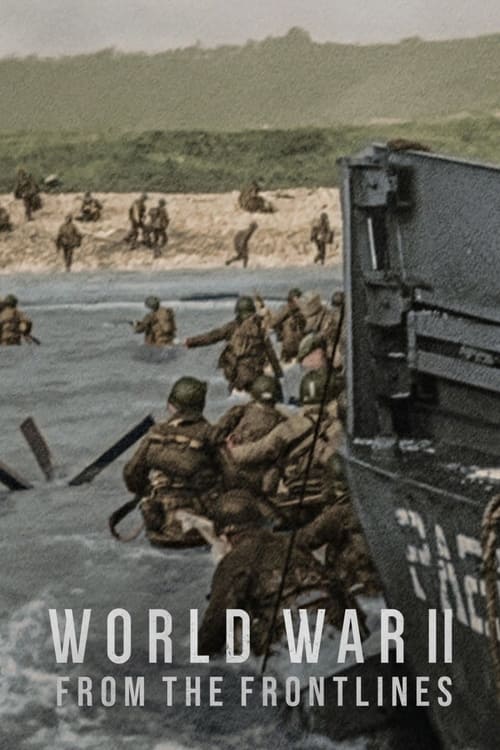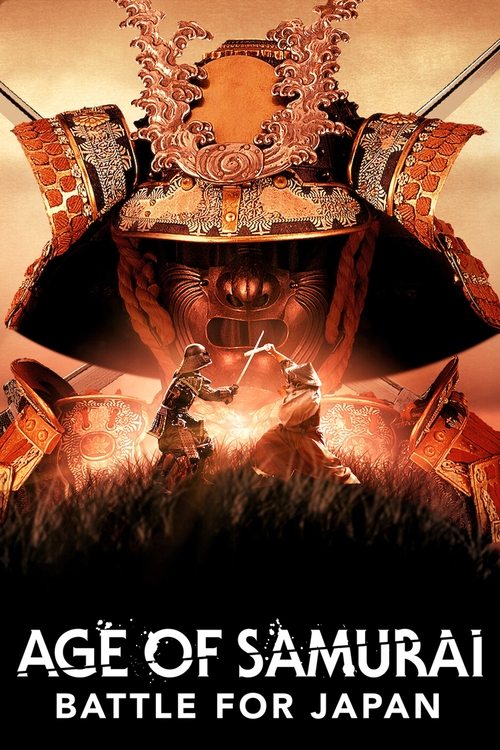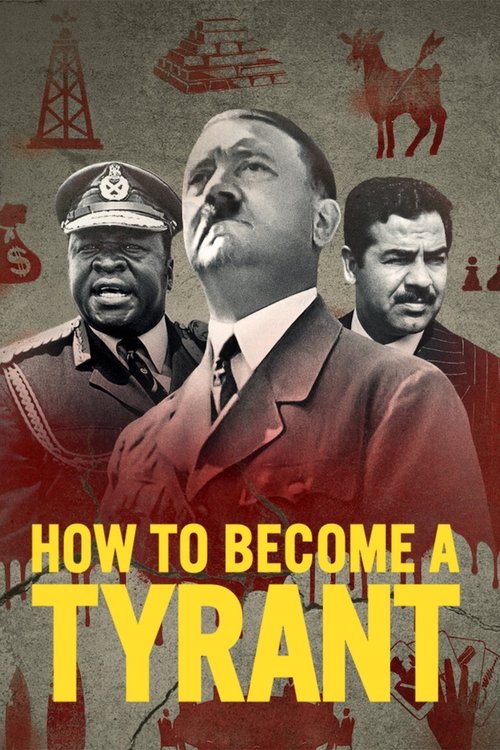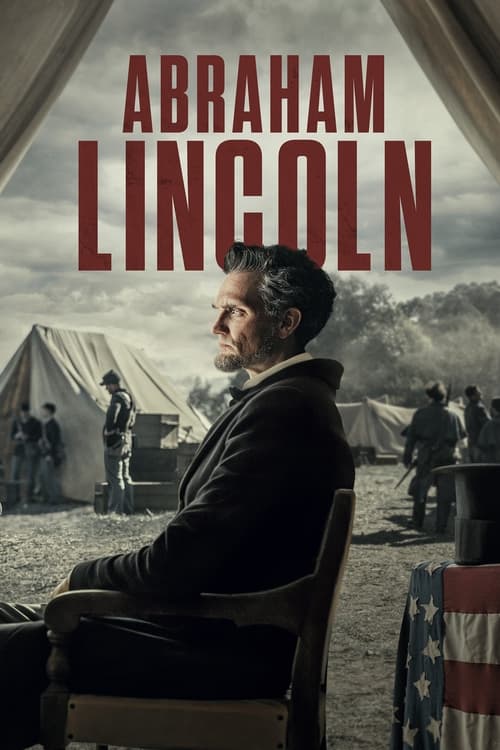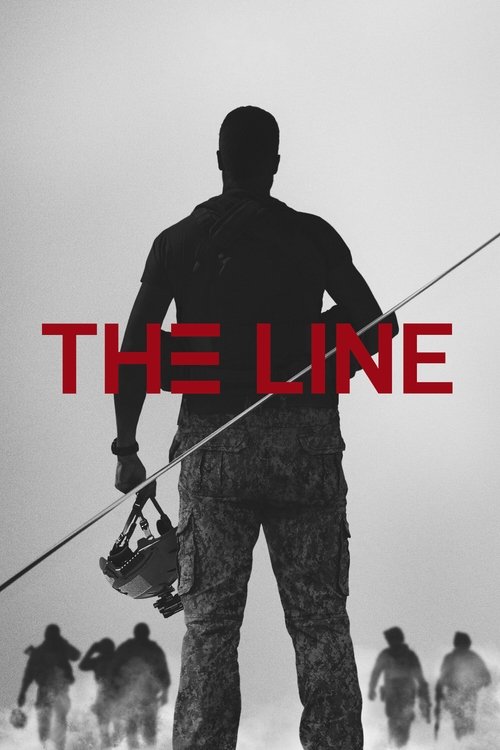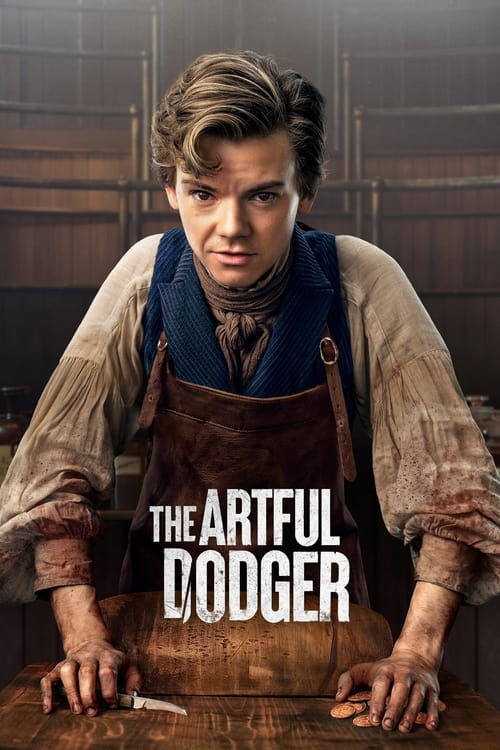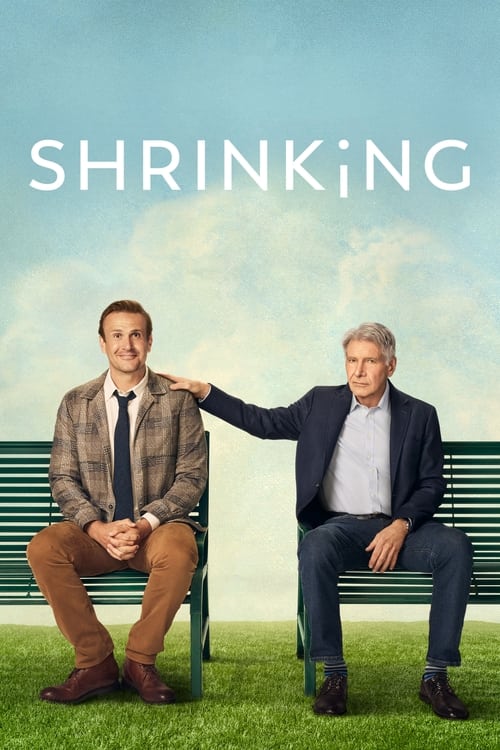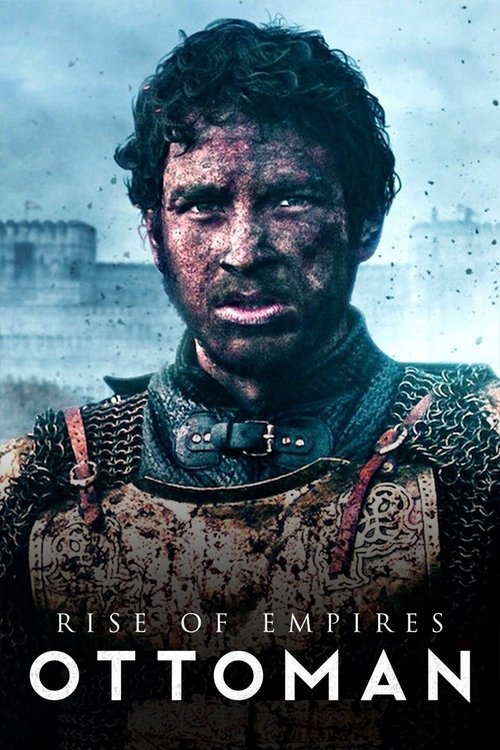
Ask Your Own Question
What is the plot?
"JFK: Destiny Betrayed" begins with a deep exploration of the events surrounding the assassination of President John F. Kennedy on November 22, 1963. The narrative unfolds through a series of interviews, archival footage, and expert analyses, setting the stage for a complex investigation into the circumstances of the assassination and its aftermath.
The documentary opens with a portrayal of Kennedy's presidency, highlighting his ambitious domestic and foreign policies, including the Cuban Missile Crisis and civil rights initiatives. The viewer is introduced to key figures in Kennedy's life, including his family, advisors, and political opponents, establishing the various motivations and tensions that existed during his time in office.
As the story progresses, the focus shifts to the day of the assassination. The film details the events leading up to the moment Kennedy was shot in Dallas, Texas. It describes the motorcade route, the atmosphere in the city, and the reactions of the crowd as they awaited the President's arrival. The moment of the shooting is depicted with a sense of urgency, capturing the chaos and confusion that ensued immediately after the shots rang out.
Following the assassination, the documentary delves into the immediate aftermath, including the frantic efforts to secure the scene and the swift transport of Kennedy to Parkland Memorial Hospital. The emotional turmoil of those present, including the First Lady Jacqueline Kennedy, is vividly portrayed, emphasizing the shock and disbelief that enveloped the nation.
The narrative then transitions to the investigation led by the Warren Commission. The film presents the commission's findings, detailing the official conclusion that Lee Harvey Oswald acted alone in the assassination. However, the documentary raises questions about the thoroughness of the investigation, highlighting inconsistencies and gaps in the evidence presented.
As the story unfolds, the film introduces various conspiracy theories that emerged in the wake of the assassination. It examines the roles of different groups and individuals who may have had motives to eliminate Kennedy, including organized crime, the CIA, and anti-Castro Cuban exiles. Each theory is explored in detail, with interviews from historians, researchers, and witnesses who provide their perspectives on the plausibility of these claims.
The documentary also addresses the subsequent assassination of Oswald by Jack Ruby, which further complicated the investigation and fueled speculation about a larger conspiracy. The emotional impact of Oswald's death on the public and the media is captured, illustrating the sense of unresolved questions that lingered in the wake of the events.
As the film progresses, it highlights the long-term effects of Kennedy's assassination on American society and politics. It discusses how the event marked a turning point in public trust towards the government and the media, leading to a more skeptical and questioning populace. The emotional weight of this shift is conveyed through personal stories and reflections from those who lived through the era.
The documentary culminates in a call for continued investigation and transparency regarding the assassination. It emphasizes the importance of understanding the truth behind Kennedy's death, not only for historical accuracy but also for the sake of future generations. The final scenes evoke a sense of unresolved tension, leaving viewers with lingering questions about the events of that fateful day and the legacy of John F. Kennedy.
More TV Shows Like This
Browse All TV Shows →What is the ending?
In the ending of "JFK: Destiny Betrayed," the documentary culminates in a powerful exploration of the unresolved questions surrounding the assassination of President John F. Kennedy. It emphasizes the ongoing impact of the event on American society and the lives of those involved, leaving viewers with a sense of lingering mystery and the importance of seeking truth.
As the narrative unfolds, the final scenes are structured to reflect the deep emotional and psychological toll of the assassination on various characters and the nation as a whole. The film revisits key figures, including Lee Harvey Oswald, who is portrayed as a complex individual caught in a web of political intrigue. His fate is sealed as he is killed shortly after the assassination, leaving many questions about his motivations and connections unanswered.
The documentary also highlights the role of government officials, including those in the Warren Commission, who grapple with the implications of their findings. Their internal conflicts and the pressure to conform to a narrative that serves political interests are palpable. The film closes with a montage of historical footage, underscoring the lasting legacy of JFK's assassination and the ongoing quest for truth among conspiracy theorists and historians alike.
In the final moments, the screen fades to black, leaving viewers with a haunting reminder of the unresolved nature of the events and the impact they continue to have on American consciousness.
As the documentary "JFK: Destiny Betrayed" approaches its conclusion, the atmosphere is thick with tension and unresolved questions. The screen transitions to a series of poignant images of President John F. Kennedy, juxtaposed with scenes of the aftermath of his assassination. The emotional weight of the narrative is palpable, as the film revisits the chaotic moments following the shooting in Dallas on November 22, 1963.
Scene by scene, the documentary delves into the life of Lee Harvey Oswald, the man accused of assassinating JFK. The film portrays Oswald as a troubled figure, struggling with his identity and political beliefs. As the narrative unfolds, viewers witness his arrest and the subsequent events leading to his own murder by Jack Ruby. The camera lingers on Oswald's face, capturing the fear and confusion in his eyes as he realizes the gravity of his situation. His fate is sealed, and the film emphasizes the tragic irony of a man who sought to make a statement but became a victim of the very chaos he was entangled in.
The documentary then shifts focus to the members of the Warren Commission, who are depicted grappling with the implications of their findings. The internal conflicts among the commissioners are highlighted, showcasing their struggle to balance the truth with the political pressures surrounding them. The film captures their discussions, filled with tension and uncertainty, as they attempt to piece together the events of that fateful day. The emotional strain on these individuals is evident, as they confront the weight of their responsibility in shaping the official narrative.
As the film progresses, it intersperses historical footage of the nation in mourning, the funeral of JFK, and the public's reaction to the assassination. The emotional resonance of these scenes is heightened by the haunting music that underscores the gravity of the moment. The documentary emphasizes the collective trauma experienced by the American public, illustrating how the assassination shattered the sense of security and hope that many felt during JFK's presidency.
In the final scenes, the documentary presents a montage of conspiracy theories and the ongoing quest for truth. It showcases interviews with historians, researchers, and conspiracy theorists who continue to investigate the events surrounding JFK's assassination. The film captures their passion and determination, reflecting a society still grappling with the implications of that day. The screen fills with images of protests, books, and documentaries that have emerged in the decades since, underscoring the enduring fascination and frustration surrounding the case.
As the credits begin to roll, the screen fades to black, leaving viewers with a lingering sense of mystery and the importance of seeking truth. The documentary concludes without providing definitive answers, instead inviting the audience to reflect on the complexities of history and the human experience. The fates of the main characters--Oswald, the Warren Commission members, and the American public--are intertwined in a narrative that emphasizes the lasting impact of JFK's assassination on the nation and the ongoing search for understanding in a world filled with uncertainty.
Is there a post-credit scene?
"JFK: Destiny Betrayed," produced in 2021, does not feature a post-credit scene. The documentary series concludes its exploration of the events surrounding the assassination of President John F. Kennedy without any additional scenes or content after the credits. The focus remains on the detailed analysis and presentation of historical events, theories, and the implications of the assassination, leaving viewers with a comprehensive understanding of the subject matter rather than a narrative continuation or cliffhanger.
What role does Lee Harvey Oswald play in the narrative of JFK: Destiny Betrayed?
Lee Harvey Oswald is portrayed as a complex character whose motivations and actions are scrutinized throughout the series. The show delves into his background, exploring his troubled childhood, his time in the Soviet Union, and his return to the United States. Oswald's internal conflict and feelings of alienation are highlighted, showcasing his desire for recognition and belonging, which ultimately leads him to become a pivotal figure in the assassination of President Kennedy.
How does the series depict the relationship between John F. Kennedy and his administration?
The series illustrates the dynamic between John F. Kennedy and his administration, emphasizing the tension and differing ideologies among key figures such as Attorney General Robert Kennedy and Vice President Lyndon B. Johnson. It captures the internal struggles within the administration, particularly regarding foreign policy decisions and the handling of the Cuban Missile Crisis, which adds layers to Kennedy's character as a leader facing immense pressure.
What is the significance of the character of Jack Ruby in the series?
Jack Ruby is depicted as a volatile figure whose motivations for killing Oswald are explored in depth. The series portrays Ruby as a nightclub owner with connections to organized crime, suggesting that his actions may have been influenced by a desire to silence Oswald and protect the larger conspiracy surrounding the assassination. His emotional turmoil and impulsive nature are highlighted, providing insight into the chaotic environment of the time.
How does the series address the conspiracy theories surrounding JFK's assassination?
JFK: Destiny Betrayed presents various conspiracy theories, weaving them into the narrative through interviews with historians, researchers, and witnesses. The show examines the possibility of multiple shooters, government cover-ups, and the involvement of different factions, creating a sense of intrigue and uncertainty. This exploration of conspiracy theories is balanced with a critical lens, prompting viewers to question the official narrative while considering the implications of these theories on the historical understanding of the event.
What emotional impact does the assassination have on the Kennedy family as depicted in the series?
The series poignantly captures the emotional aftermath of the assassination on the Kennedy family, particularly focusing on Jackie Kennedy's grief and the burden of public scrutiny. It portrays her as a resilient yet deeply affected individual, struggling to maintain her composure in the face of tragedy. The impact on the children, especially John Jr. and Caroline, is also explored, highlighting the loss of innocence and the profound changes in their lives following their father's death.
Is this family friendly?
"JFK: Destiny Betrayed" is a documentary series that delves into the assassination of President John F. Kennedy and the subsequent investigations and theories surrounding it. While it is primarily focused on historical events, there are several aspects that may be considered objectionable or upsetting for children or sensitive viewers:
-
Graphic Imagery: The series includes archival footage and photographs related to the assassination, which may be disturbing due to their graphic nature.
-
Violent Themes: Discussions surrounding the assassination involve violence and the political climate of the 1960s, which may be unsettling for younger audiences.
-
Conspiracy Theories: The exploration of various conspiracy theories can introduce complex and potentially frightening ideas about trust in government and safety.
-
Emotional Impact: The series addresses the emotional aftermath of the assassination, including the grief experienced by the Kennedy family and the nation, which may be heavy for sensitive viewers.
-
Political Tension: The portrayal of political strife and the atmosphere of fear during the Cold War era may be intense and confusing for younger viewers.
Overall, while the series is educational and informative, its content may not be suitable for all children or sensitive individuals due to its serious themes and historical context.

